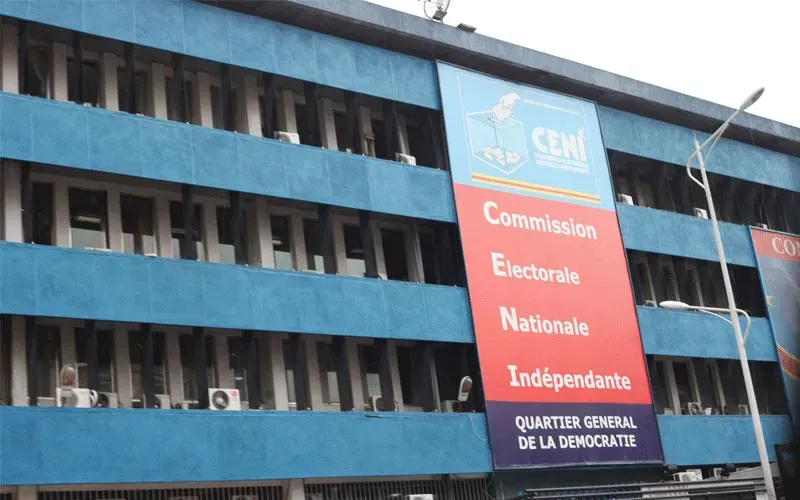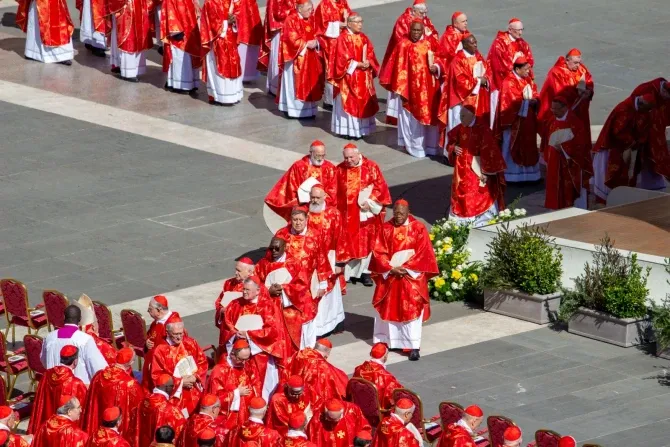Kinshasa, 25 October, 2021 / 9:00 pm (ACI Africa).
The decision by President Félix Tshisekedi to confirm Denis Kadima as the head of the Independent National Electoral Commission (CENI) in the Democratic Republic of Congo (DRC) despite opposition from the Catholic and Protestant churches amounts to endorsing an “irregularity”, a Catholic Bishop in the Central African nation has said.
On October 22, President Tshisekedi confirmed the appointment of Mr. Kadima as the head of CENI alongside 12 others as members of the electoral body, days after Catholic Bishops in the country urged him to reject the endorsement that had been made by lawmakers.
“We have followed everything that has happened before arriving at this stage, which practically confirms an irregularity. Bishop Melchisedec Sikuli Paluku told journalists October 23, making reference to President Tshisekedi confirmation of Mr. Kadima as head of CENI.
The Catholic Church has taken note of the “endorsement of CENI members” despite opposition from members of the National Episcopal Conference of Congo (CENCO), Bishop Paluku further said, and added, “This does not mean that the Church will withdraw or give up its role as the voice of the voiceless.”
“We will see how to work with the president and continue to defend the interest of the people,” the Congolese Bishop went on to say, adding that the “Catholic Church will always defend what she thinks is the truth and justice even after the endorsement of irregularity in the new CENI team.”








